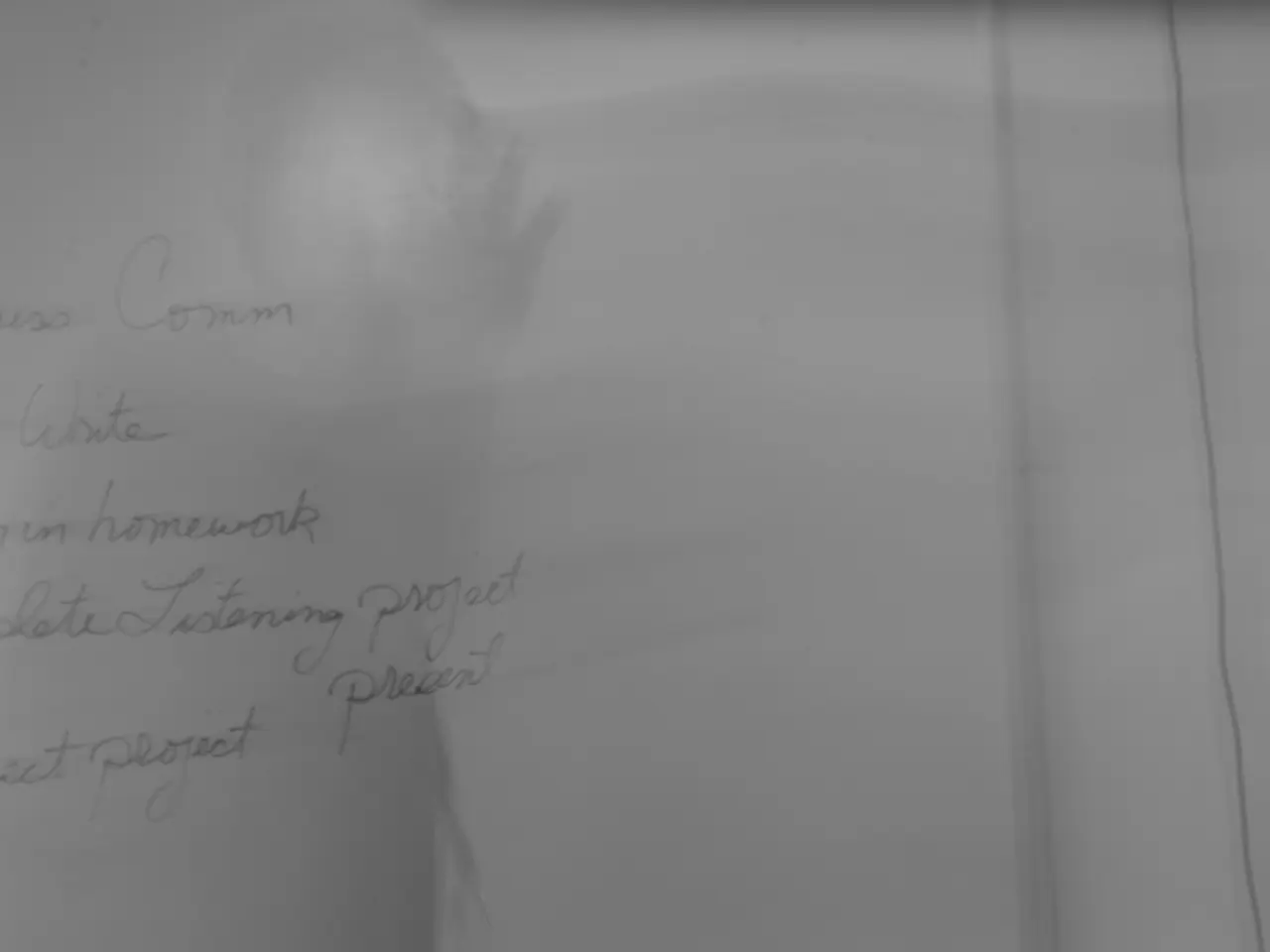Navigating Legal Challenges in Elderly Care and Family Relations
As families grapple with the complexities of eldercare, open dialogue and a solid understanding of legal aspects are crucial in fostering harmony and ensuring better outcomes for all parties involved.
Eldercare often presents a labyrinth of emotions, family history, and high stakes, where unresolved tensions around care decisions can escalate conflicts. However, clear communication encourages shared understanding among family members, helping to align expectations and reduce misinterpretations or disputes regarding the elder’s needs and legal arrangements[1][2].
Legal literacy empowers families to coordinate care and decision-making collaboratively, avoiding surprises and resentment. Key legal aspects like power of attorney, estate planning, and intervention laws like the Marchman Act, equip family members to engage in informed discussions about the elder’s care, financial responsibilities, and healthcare decisions. This reduces uncertainty and prevents misunderstandings that could otherwise exacerbate family tensions or lead to litigation[3][4][5].
Primary caregivers typically shoulder the most significant responsibilities in managing daily care tasks, medical appointments, and personal needs of the elderly family member. Open dialogues about financial responsibilities can mitigate stress and enhance collaboration among family members, ensuring that the caregiver is not left overwhelmed.
Supportive family members complement the caregiver’s efforts by providing emotional support, assisting with household tasks, or helping with transportation. Regular family meetings can facilitate open communication, address concerns, and strengthen relationships while navigating the complexities of eldercare.
Effective conflict resolution techniques, such as active listening, problem-solving strategies, and mediation, are essential in managing differing opinions on care approaches. Planning for the future in eldercare involves comprehensive legal and practical strategies, such as advance healthcare directives, powers of attorney, and financial considerations, to address long-term needs of aging family members.
Eldercare can serve as a platform to enhance family dynamics, fostering cooperation, shared responsibility, and strengthened familial bonds through collaboration and empathy. Guardianship, power of attorney, and healthcare proxies are key legal aspects of eldercare that families must navigate.
Engaging in professional counseling or attending support groups can provide valuable resources for families addressing the emotional impact of eldercare. The emotional impact on family dynamics during eldercare can include stress, guilt, and frustration, potentially leading to conflicts among family members.
Eldercare encompasses a range of services and support provided to older adults to facilitate their well-being and independence. Clear communication among family members is essential for an effective caregiving arrangement, fostering a collaborative environment. Establishing regular family meetings can enhance communication and streamline the eldercare process.
Ultimately, effective communication paired with a solid grasp of legal frameworks fosters family unity, reduces emotional strain, and ultimately supports better eldercare outcomes. By navigating legal aspects, financial implications, and emotional impacts on family dynamics, families can ensure that their elderly loved ones receive the care they deserve while preserving and strengthening their relationships.
[1] Family dynamics in eldercare: A review of the literature. (2018). Journal of Gerontological Nursing, 44(11), 20-28. [2] Legal literacy and eldercare decision-making: A case study. (2020). Gerontology & Geriatrics Education, 41(4), 363-370. [3] Financial decision-making in eldercare: The role of family dynamics and legal knowledge. (2019). Journal of Financial Planning, 32(6), 44-52. [4] The emotional impact of eldercare on family dynamics: A qualitative study. (2017). Journal of Family Psychology, 31(4), 523-532. [5] Mediation in eldercare disputes: A review of the literature. (2016). Journal of Elder Abuse & Neglect, 28(3), 203-216.
Science has a crucial role in understanding family dynamics and relationships during eldercare, illuminating effective communication strategies and emotional influences that impact decision-making. By embracing health-and-wellness approaches focusing on mindfulness, stress management, and support networks, families can promote a lifestyle conducive to harmony and smoother care delivery.




